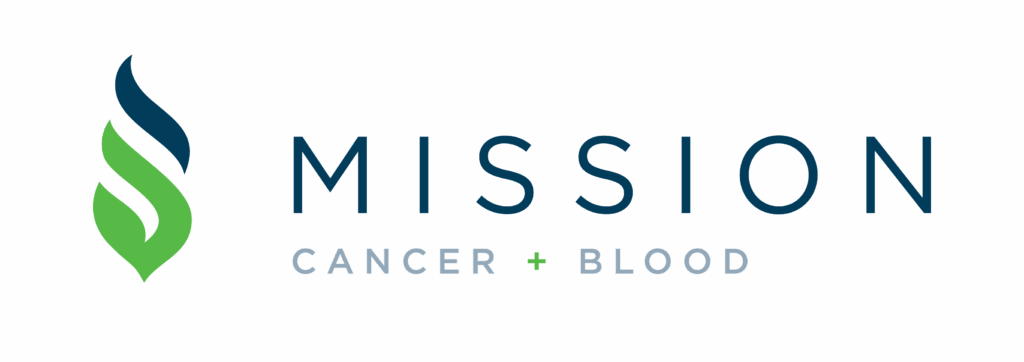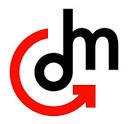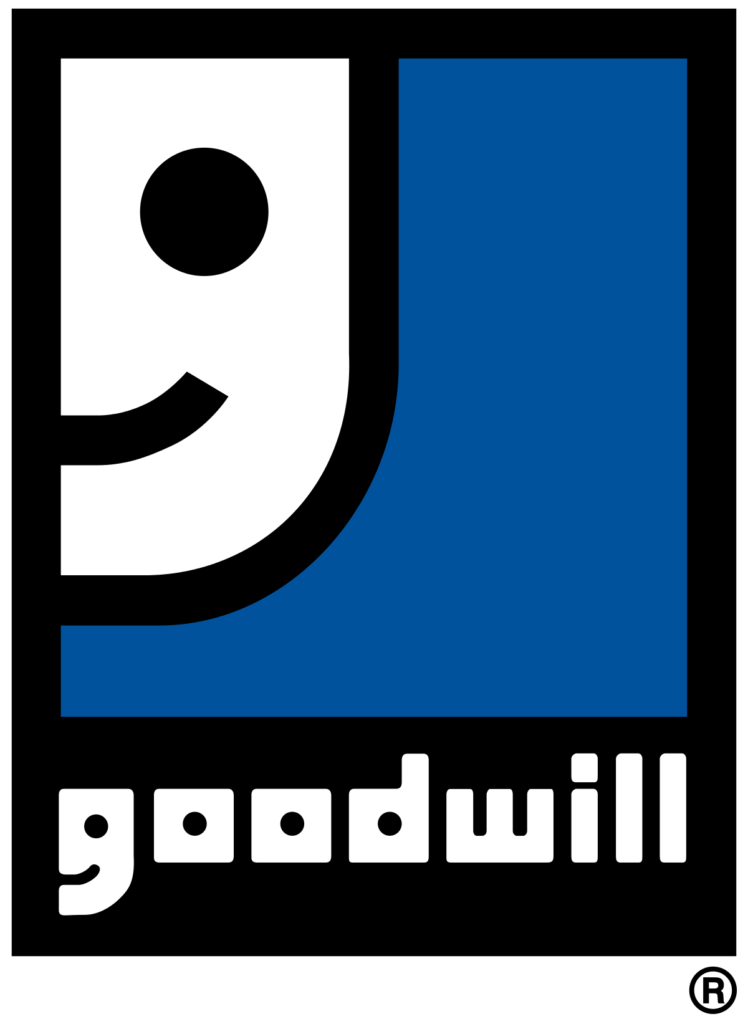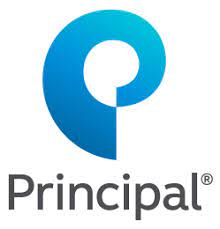Drake Business Accelerator wraps up third cohort
More than 30 business owners completed the program

BPC Staff Jun 30, 2022 | 8:04 pm
2 min read time
549 wordsAll Latest News, Education, Innovation and EntrepreneurshipThe Drake Business Accelerator, a program of the Drake Business Clinic, has finished its third cohort, which saw 33 businesses primarily from underserved communities complete the program.
Bill Adamowski, executive director for entrepreneurship, innovation and human-centered design at Drake University, said across the three accelerator cohorts he’s led he has noticed there is a gap “in terms of helping the underserved community really build their business.”
By having members of the accelerator learn what they need to do and then be held accountable for acting on it the following week, he said the program sees them through to achieving goals and fills a need among small business programs.
“I tell people when they come into our accelerator, if you’re here for a certificate, I’ll sign this certificate for you right now and you guys can leave,” he said. “The accelerator is about you building your business and making your business big. … How do we create some kind of generational wealth? That’s what we’re really about.”
Adamowski uses his experience in startups and fundraising to ask the business owners questions like an investor so they learn how to articulate the finer points of their business model and see the options open to their business.
“I think a lot of times when you come from these underserved communities, people get the impression that you’re supposed to think small and just do small, and I don’t think anyone’s encouraged them to think big,” he said.
Although many businesses that come through the accelerator likely won’t need venture capital money to be successful, Adamowski said he is looking into developing the program’s connections with local investors into some form of angel investor group to support local businesses looking for investment.
For community members or angel investors wanting to respond to social justice calls, he said some investors are open to investing their wealth so others can build theirs.
“Some of the potential angels that I talked to, they’re not going to go out there and protest, but they would love to invest in a business where they could make a difference,” he said.
Adamowski hopes that with more investor involvement and a variety of deal structures, Main Street businesses will be seen as “truly investable propositions.”
“I think we can accomplish something if people started looking and saying, ‘Wow, you know what, there’s really good businesses coming out of here,’” he said. “I want to change that perception that everyone thinks it’s a handout and charity when it comes to underserved populations.”
What else is new with the Drake Business Accelerator?
Moving forward, there will be a Drake Business Accelerator cohort during each fall and spring semester to offer the opportunity for Drake students to get involved, Adamowski said.
The Drake Business Clinic is also testing a physical location inside the Kinne Center near Drake University’s campus.
Adamowski is using the summer months to work on strategic partnerships for the accelerator, including with financial institutions and community organizations to ensure business owners have what they need to apply for a loan.
Read about one of the businesses to complete the accelerator and open Des Moines’ only barber college, on innovationia.com
Related articles:










